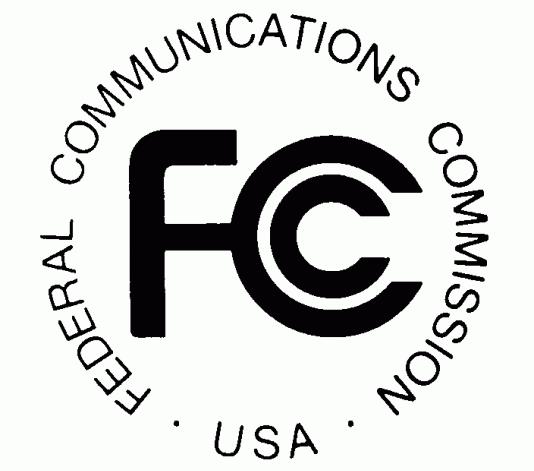
The FCC is reportedly making a new proposal that practically takes the “neutral” out of Net Neutrality. According to the commission’s proposed rules, Internet Service Providers will be able to give preferential treatment to certain content providers depending on rather ambiguous “commercially reasonable” terms.
To be fair, the FCC is still advocating some form of neutrality. The majority of the rules that it is expected to make public on Thursday still insist that consumers should be free to get access to the content they choose, not those “suggested” by service providers. But after being foiled twice by companies who would benefit from less neutral policies, it seems that the FCC is ready to concede to a middle ground.
That middle ground, however, is likely to incite even more opposition. The “commercially reasonable terms” that the FCC would require will be decided on a case to case basis, making it all sound rather flimsy. It is also likely to be used as a loophole to benefit content providers with the resources to push for preferential treatment. Consumers might not exactly feel the effects of this change, except perhaps in the quality of service depending on their service provider and the content they are trying to get access to. The biggest winners, however, would be the ISPs, who will then be able to get money from both consumers and content providers.
The good news is that the proposal is exactly that, still a proposal that will go through a vote next month, so there is still time for advocates of either camps to pitch their arguments. The rules also won’t apply to wireless carriers, as they are not governed by any such net neutrality rules. At least not yet.
SOURCE: Wall Street Journal
VIA: SlashGear









